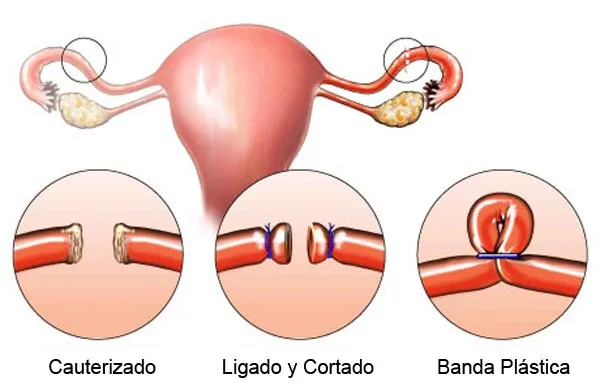Question:
It is said, as an argument in favor of birth control pills, that their use decreases the number of abortions and that, therefore, we should at least tolerate them as a lesser evil. What are your thoughts on this?
Response:
I reply with what Pope John Paul II has written on this subject in the encyclical Evangelium vitae:
It is frequently asserted that contraception, if made safe and available to all, is the most effective remedy against abortion. The Catholic Church is then accused of actually promoting abortion, because she obstinately continues to teach the moral unlawfulness of contraception. When looked at carefully, this objection is clearly unfounded. It may be that many people use contraception with a view to excluding the subsequent temptation of abortion. But the negative values inherent in the “contraceptive mentality”-which is very different from responsible parenthood, lived in respect for the full truth of the conjugal act-are such that they in fact strengthen this temptation when an unwanted life is conceived. Indeed, the pro- abortion culture is especially strong precisely where the Church’s teaching on contraception is rejected. Certainly, from the moral point of view contraception and abortion arespecifically different evils: the former contradicts the full truth of the sexual act as the proper expression of conjugal love, while the latter destroys the life of a human being; the former is opposed to the virtue of chastity in marriage, the latter is opposed to the virtue of justice and directly violates the divine commandment “You shall not kill”.
But despite their differences of nature and moral gravity, contraception and abortion are often closely connected, as fruits of the same tree. It is true that in many cases contraception and even abortion are practised under the pressure of real- life difficulties, which nonetheless can never exonerate from striving to observe God’s law fully. Still, in very many other instances such practices are rooted in a hedonistic mentality unwilling to accept responsibility in matters of sexuality, and they imply a self- centered concept of freedom, which regards procreation as an obstacle to personal fulfilment. The life which could result from a sexual encounter thus becomes an enemy to be avoided at all costs, and abortion becomes the only possible decisive response to failed contraception.
The close connection which exists, in mentality, between the practice of contraception and that of abortion is becoming increasingly obvious. It is being demonstrated in an alarming way by the development of chemical products, intrauterine devices and vaccines which, distributed with the same ease as contraceptives, really act as abortifacients in the very early stages of the development of the life of the new human being.
For this reason, several studies carried out on the subject (e.g. in Finland, Denmark, the United States, etc.) have shown that the first effect of the use of contraceptives has been to lead their users to a more negative attitude towards the preservation of the child that is eventually conceived in their sexual relations and, consequently, to a greater use of abortion.
And we say this with reference to surgical abortion; needless to say that in many cases the alternative “contraception or abortion” does not exist simply because the alternative is between “surgical abortion” and “chemical abortion” (almost all pills have abortifacient effects and some are exclusively abortifacient).
Bibliography for further reading:
- Jacques Suaudeau, Las raíces comunes de la píldora anticonceptiva y del aborto: una información para los confesores; en: Consejo Pontificio para la Familia, Moral conyugal y sacramento de la penitencia, Palabra, Madrid 1999, 223-250.
- Ibid., Contraception and Abortion, Foe or Friends? in The Linacre Quarterly, Volume 67, Number 2, article 6, May 2000. See here.
Original Post: Here
Related Post: Do Contraceptives Have Side Effects?














